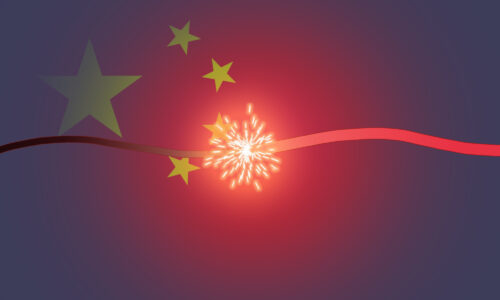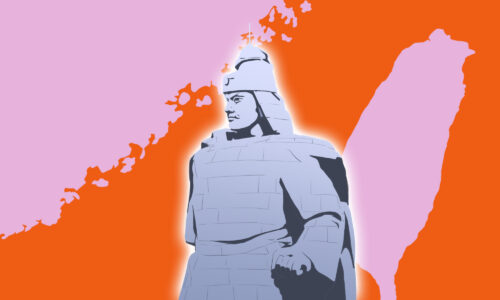A question originally posted to Quora on January 20, 2016:
Is the significance of the May Fourth Movement overstated?
Overstated by whom? The May Fourth Movement (not just the May Fourth Incident — the demonstrations of that eponymous day in 1919 — but the movement that participants recognized they were a part of, and retroactively extended back to about 1915) was inarguably an important, epochal period that shaped modern China’s intellectual, social, and political history.
It brought a generation of young intellectuals onto the political stage, and created an archetype for student/youth intellectual and political participation that would echo on for generations. What happened in 1989 was just the most memorable and obvious. The April 4 movement of 1976, in which students took to Tiananmen in commemoration of Zhou Enlai, was self-consciously patterned on May Fourth, and still doubtless exerts influence.
It unleashed powerful forces and strains of thought — not all of them strictly compatible, mind you — that would play out for decades afterward: enlightenment-style liberalism and its ally republicanism, which sat uncomfortably by nationalism, which in turn glowered at, and was eyed suspiciously by, cosmopolitanism, all the while trying to reconcile its (nationalism’s) patriotic ardor with a deep-seated anti-traditionalism and cultural iconoclasm, which seemed to many just the opposite of patriotism. That’s some high drama — the realization that to save the nation, they’d have to repudiate just about everything that defined the nation. This tension would come back again and again, and anti-traditionalism would come back in the Cultural Revolution and in the hugely influential pre-’89 TV series River Elegy.
May Fourth also truly did give birth to the Communist Party — Li Dazhao 李大釗 and Chen Duxiu 陈独秀, who founded the CCP, were real May Fourthers, as was the young Mao Zedong — but it also empowered the reorganized Kuomintang, and both parties claim it as an antecedent. It opened up discussion to all manner of new ideas about gender equality, about language reform, about economic theory, about historiography. It birthed modern Chinese sociology. It produced some of 20th-century China’s most profound thinkers, its wittiest critics, its most enduring writers.
If anything, the significance is understated; it’s not offered as much as perhaps it ought to be by way of context when people write about all that it so profoundly influenced.
Kuora is a weekly column.







